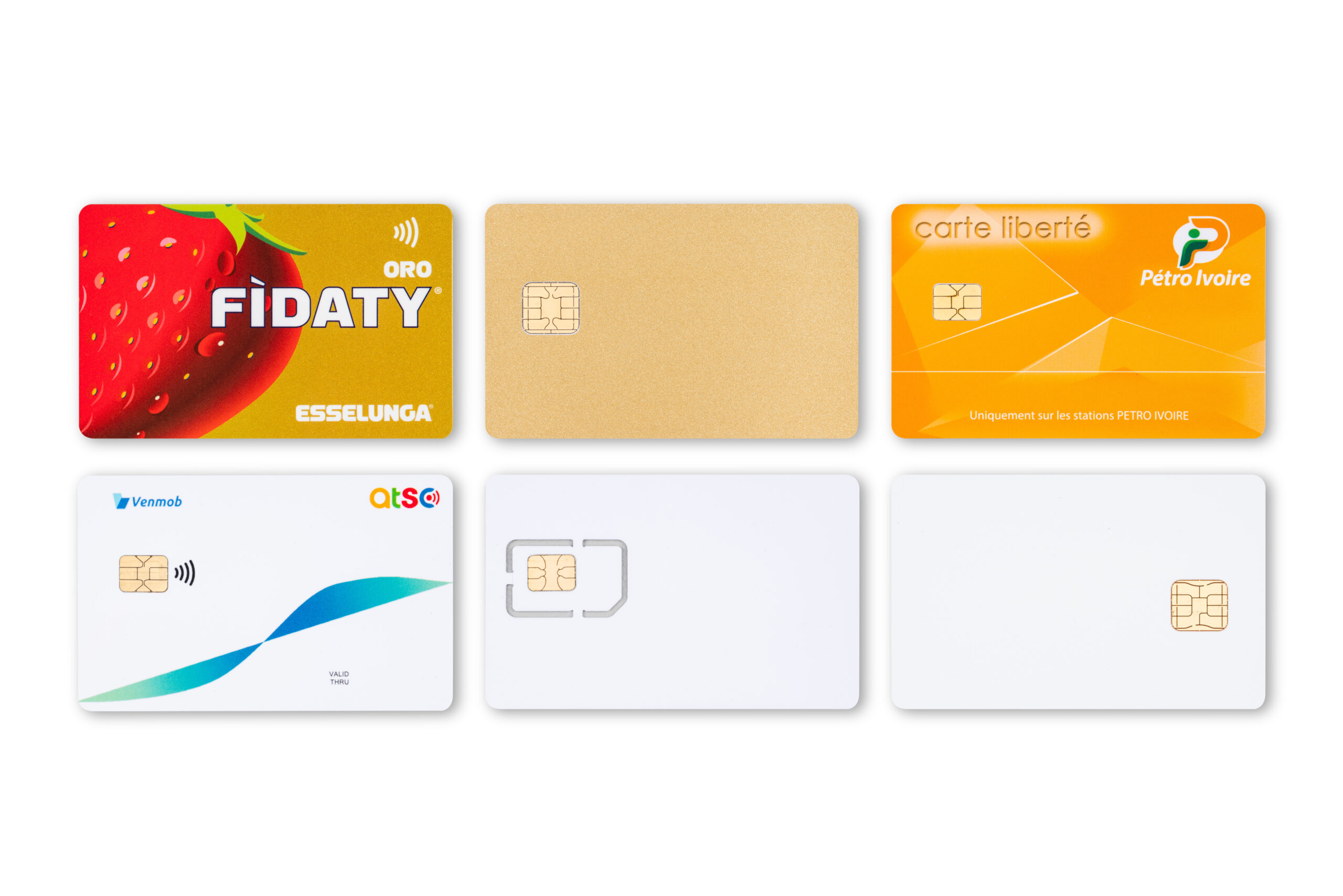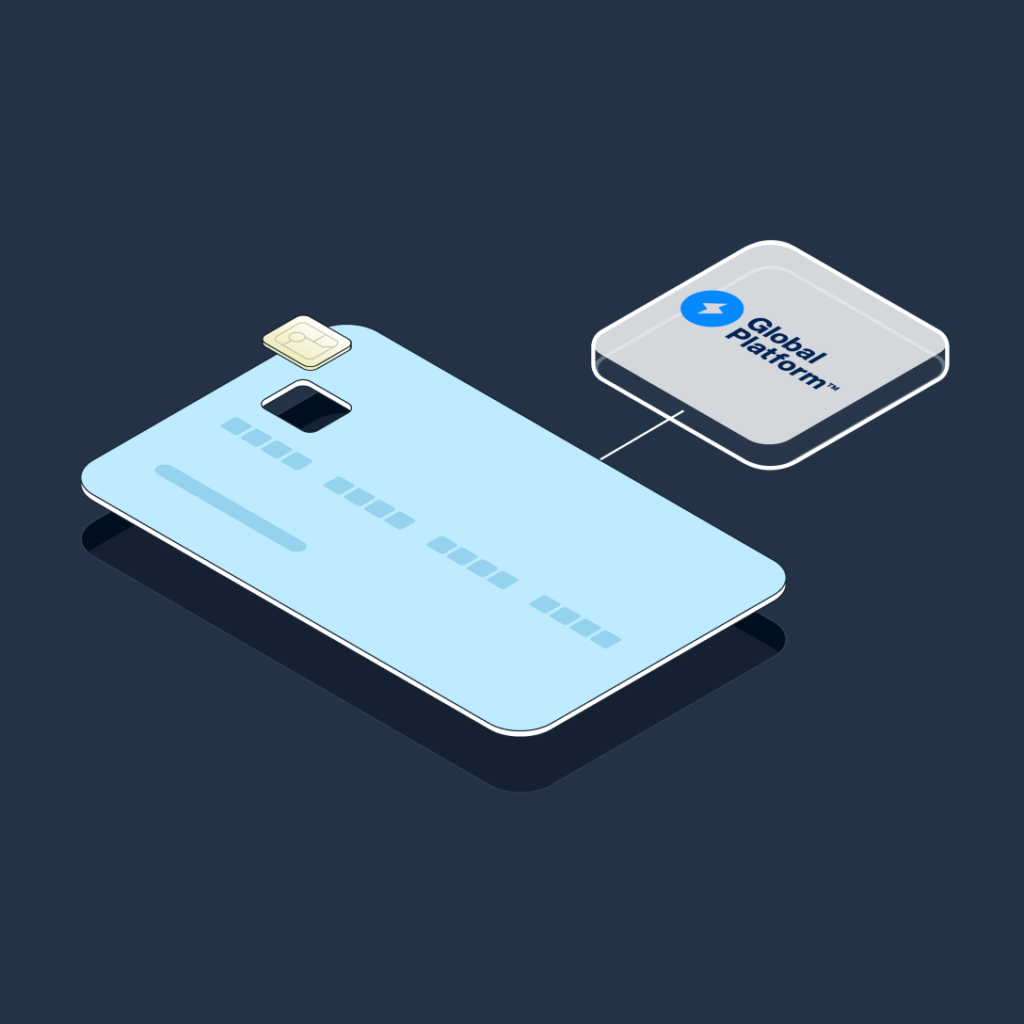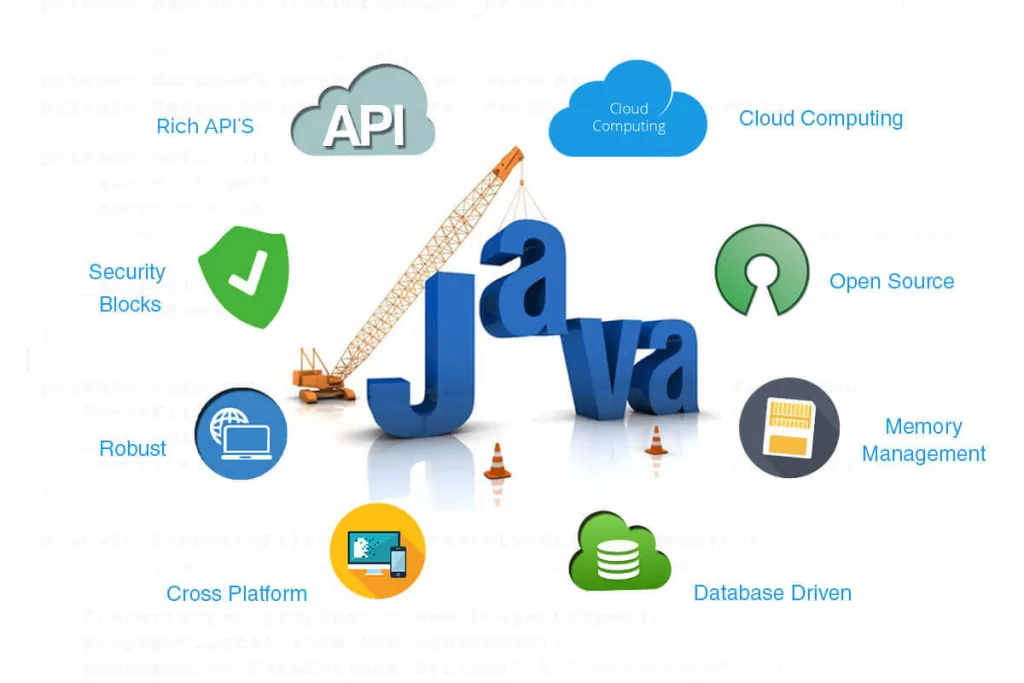
What is a Java Card?
JAVA Card is a CPU smart card that can run JAVA programs. This card is an open standard Sun Microsystems (now Oracle Corporation) developed for intelligent card development platforms. We usually use the Javacard version and GlobalPlatform versions to represent this standard. With the update and iteration of Java Card chips, it has now developed to Javacard v4.0. They also provide a powerful platform for developing secure applications on smart cards and other small memory devices. This guide will share what a Java Card is.
Learn about Java Card Technology
Java Card Technology is a software platform for developing and running applications on smart cards and other small memory devices. It was launched by Sun Microsystems (now Oracle Corporation) and is a standard for secure and portable applications. This technology allows developers to create applications using a subset of the Java programming language that are customized to run on devices with limited memory and processing power.

The core of this is to support the execution of Java bytecode on resource-constrained devices, providing a secure and flexible environment for application development. The platform has three main components: JCRE, JCVM and Java Card API. The JCRE ensures secure execution of applications, while the JCVM interprets Java bytecode and manages the device’s resources. The Java Card API provides a standardized set of interfaces for developing applications.
One of the key advantages is its portability. Applications developed for it can run on any compatible device, helping developers develop programs more efficiently.
Main features of Java Card
Its main features include:
1. Platform openness: It allows Java applets to be stored on smart cards, which can be added to the card, or existing applets can be modified after it has been issued.
2. Data storage: Data can be stored in an integrated microprocessor chip, and then the applet is downloaded to the microprocessor’s memory and run by the Java virtual machine.
3. Application independence: Similar to another smart card development technology, MULTOS, they enable multiple applications to be installed and coexist independently. A firewall protects each applet to maintain its integrity and prevent interference.
4. Dynamic upgrade: Applications can be upgraded dynamically.
Advantages over Other Technologies
The main advantage of Java Card technology over other smart cards and secure application platforms is cross-platform compatibility. Applications developed for them can run on any compatible device, regardless of the underlying hardware. This flexibility simplifies the development process while reducing the costs associated with creating and maintaining multiple versions of applications.

Another significant advantage is its security capabilities, which can enforce security policies through access control mechanisms. Developers can define specific access rights for each application, ensuring only authorized users can access and perform certain operations. This security setting and the ability to perform secure application updates further enhance its security capabilities. In addition, they are highly customizable. Developers can tailor the platform to the specific requirements of their applications and devices.
Related application areas
Unlike traditional low-end encryption cards, Java cards are highly secure and widely used in various industries. One of the most common applications is in the financial field, where it is used to develop secure logical Visa cards, UnionPay cards, etc. With Java Card technology, it is also widely used in various national ID cards, national passports, electronic driver’s licenses, electronic health and social welfare cards, ePKI/electronic services/digital signature cards, public transportation, government election cards, government police ID cards, logical and physical access cards, etc.

Make your transactions and access more secure
Java Card technology is a powerful platform, and its cross-platform compatibility and robust security features make it an ideal choice for various industries such as finance and identity management. Their emergence solves the complexity and inconsistency of smart card programming, making it faster and simpler. At the same time, these card applications (Applet, .cap file) can run on any smart card that supports the JAVA card API.


